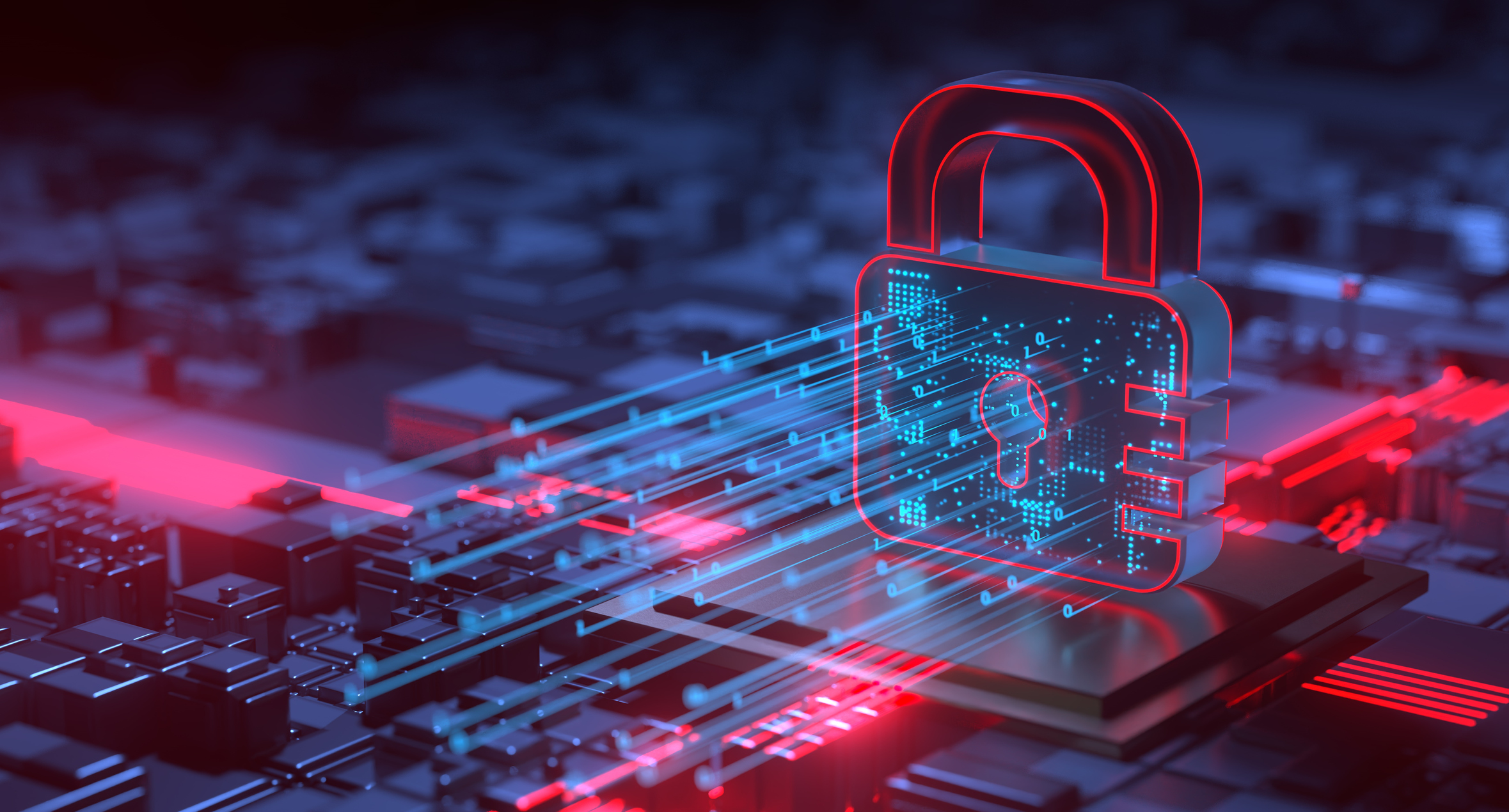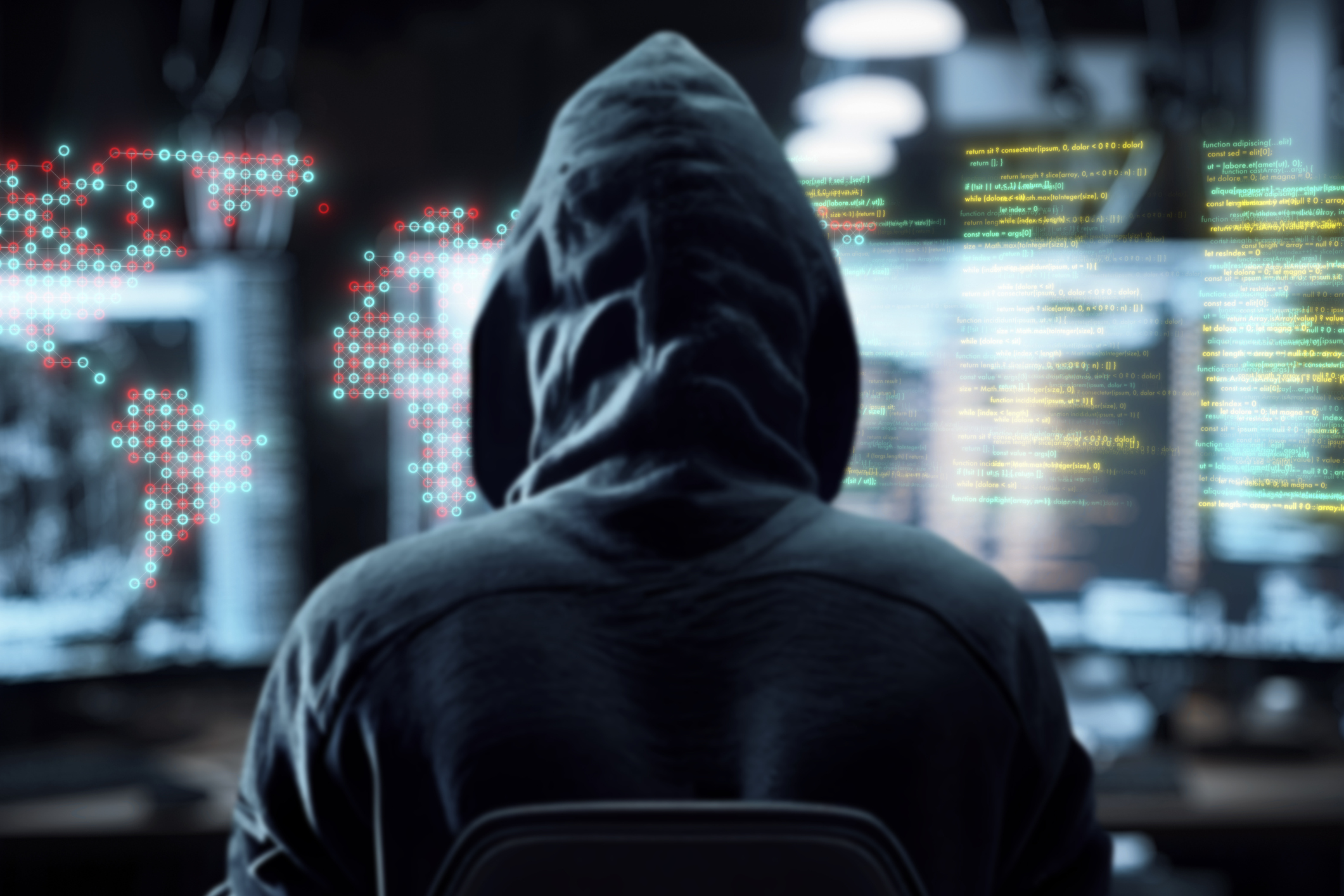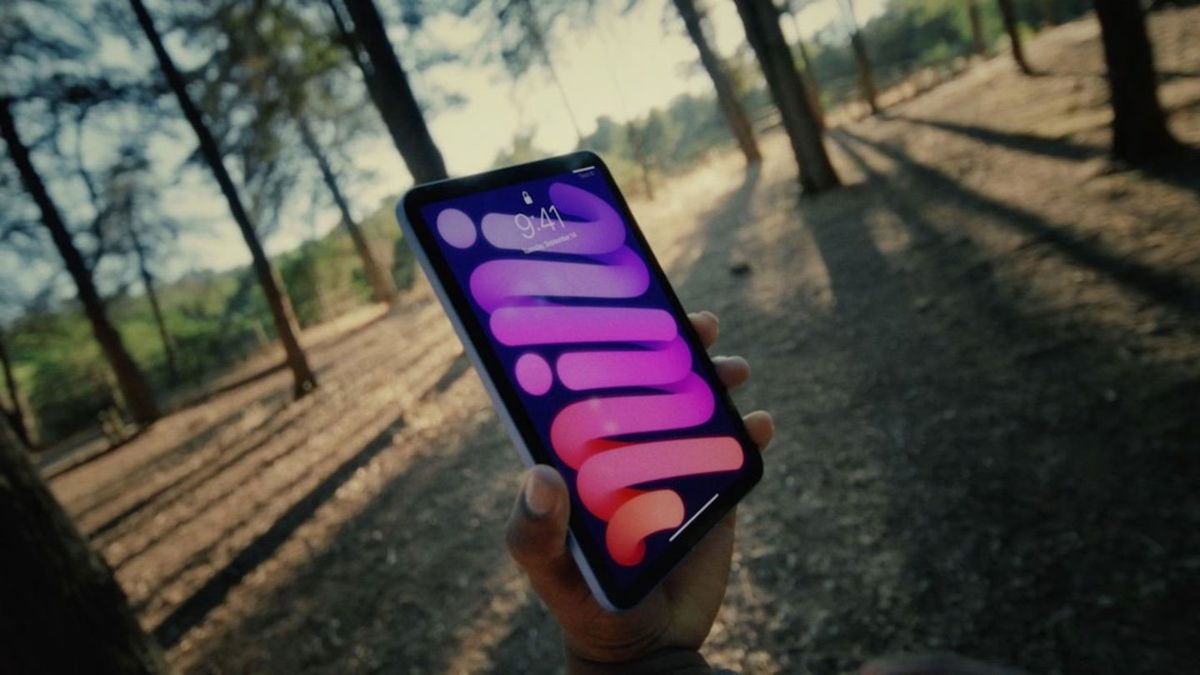federal government It explores the establishment of an internet usage fee to fund the creation and maintenance of a cybersecurity agency.. Users may have to pay a tax similar to garbage and street lighting charges.
The information was released this Thursday (13). Newspaper. According to the tool, the idea was proposed by the Office of Corporate Security (GSI) and is already being discussed by the Executive and Legislature.
“This policy has been under review for some time. We refine logically. We hope it will be presented to Congress this year,” said GSI Minister General Marco Antônio Amaro dos Santos. Sheet.
The GSI proposal aims to create the National Cyber Security Agency (ANCiber), which will be an autarky (independent institution) roughly equal to the Central Bank (BC). The government predicts that ANCIber will have 81 servers in the first year and will reach 800 servers in five years.
The General explained that since the bill would cost the public coffers, whoever proposed the idea would have to provide resources to cover the new expenses. Therefore, wages are seen as a possible source of income for internet users.
The first version of the text has already been submitted to the ministries of Justice, Finance, Planning, Science and Technology and Management. The text will also be sent to the government’s Civil Assembly and then to President Lula (PT).
Understand the new rate
The current text provides for the establishment of a cybersecurity fee (called TCiber) where taxpayers (natural and legal persons, without discrimination) will receive a 1.5% increase in addition to the amount they pay for having the internet.
For example, if a person pays 90 BRL to their internet bill, their TCiber will be 1.35 BRL. A user with a 150 BRL package may be charged 2.25 BRL.
In initial calculations, the tax could bring about BRL 582 million a year into the public coffers, enough to sustain the cybersecurity establishment. GSI reached this figure by saying that there are currently around 157 million people paying for the internet, spending an average of R$25 per month.

And in addition to TCiber, the federal government plans to charge an additional 10% for domain registration. This means that those who want to purchase or renew a site’s registration will be charged more. With this surcharge, an additional R$12.6 million is expected to be charged.
“Unfortunately, citizens have to pay for everything the government does,” Marcelo Malagutti, GSI special adviser, told Folha de. SP.
Brazil targeted by cybercriminals
In recent years, Brazilian public institutions have been among the main targets of cybercriminals. One of the most serious cases occurred at the Supreme Court of Justice (STJ), whose systems were encrypted by hackers in 2020.
The Department of Health, the Federal Government, the Ceará state governments and the Federal District, Rio de Janeiro City Hall and several other institutions have been affected by the cyber actions.
As if targeted attacks weren’t enough, the country has also seen serious security breaches that led to data leaks. The most serious case was recorded in early 2021, when PSafe, a cybersecurity company, confirmed that information from 223 million Brazilians was circulating on the Internet.

The federal government knows that the new tax will not only be popular with taxpayers, but also among organizations like the São Paulo State Industry Federation (Fiesp). Therefore, the aim is to talk about how sensitive and important the issue is in the country.
“No one in their right mind can oppose cybersecurity, an initiative that aims to provide security in the digital environment for every citizen and every company,” said Brigadier General Luiz Fernando Moraes da Silva, GSI Information Security and Cybernetics secretary.
Source: Tec Mundo
I am a passionate and hardworking journalist with an eye for detail. I specialize in the field of news reporting, and have been writing for Gadget Onus, a renowned online news site, since 2019. As the author of their Hot News section, I’m proud to be at the forefront of today’s headlines and current affairs.










